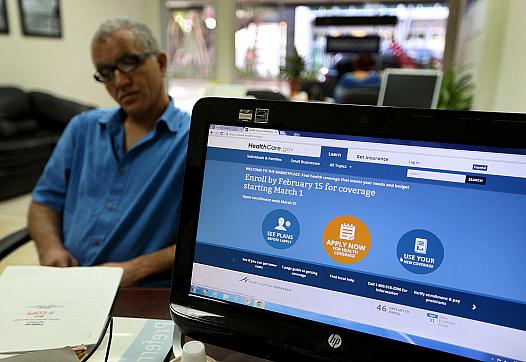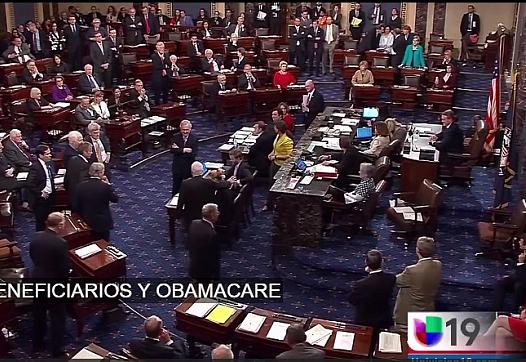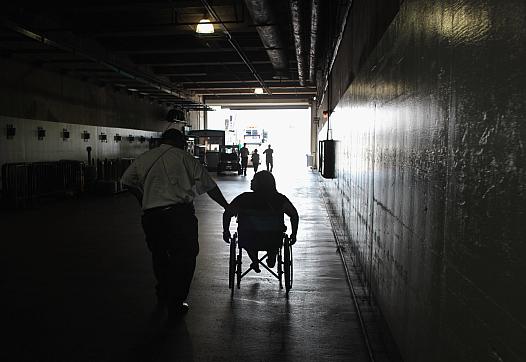
A new California law has allowed pharmacists to play a more integral role in managing patients alongside other providers — which could be good news for patients struggling to access doctors. But one major obstacle still stands in the way.

A new California law has allowed pharmacists to play a more integral role in managing patients alongside other providers — which could be good news for patients struggling to access doctors. But one major obstacle still stands in the way.

September 30 is the deadline for renewing coverage for about 9 million children nationwide, and there's been a flurry of media pieces pointing to this month's expiration date. But, is this federally-funded program really in jeopardy?

Suggestions of health insurance policies with skimpy benefits and higher out-of-pocket costs might reduce part of the health insurance cost equation, but is that the kind of insurance system Americans really want?

Instead of strictly asking about medical providers, Dr. David Carlisle, an expert on health disparities, urges reporters to examine the availability and diversity of dentists, psychologists, pharmacists and optometrists in their community.

This Silicon Valley response to medical care should make large health systems squirm and might force them to modernize in response to this new challenge.

The U.S. needs to seriously examine what the national health systems of peer countries like France, Germany, and the U.K. do best and make those ideas work here.

At its March board meeting, Covered California analyzed how the potential change in determining financial assistance proposed in Trumpcare might effect millions of the state's residents.

Several people who benefitted from health coverage through the Affordable Care Act's health coverage expansion gathered at a public event in Sacramento to celebrate a third failure to repeal the law.

Reporters Kameel Stanley and Ed Williams discuss ethics in journalism, with a focus on communities in crisis. They emphasize how taking the time to understand a community can lead to more compelling reporting.

As the country faces the possibility of massive Medicaid cuts, a pair of experts and an ace Medicaid reporter offered tips on how to navigate the fast-developing story in our latest Health Matters webinar.